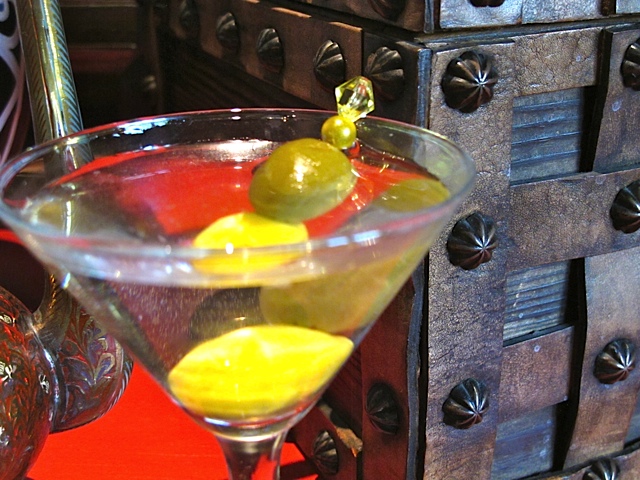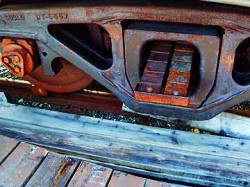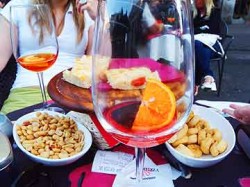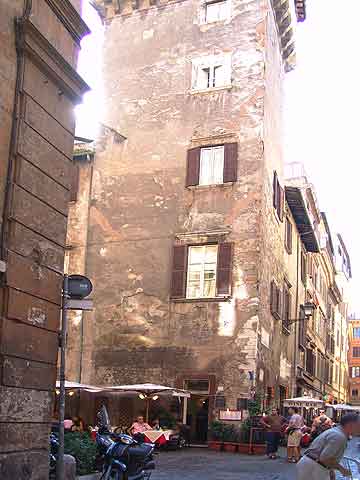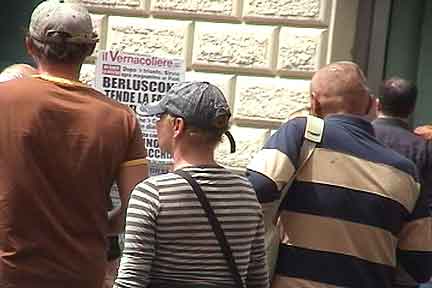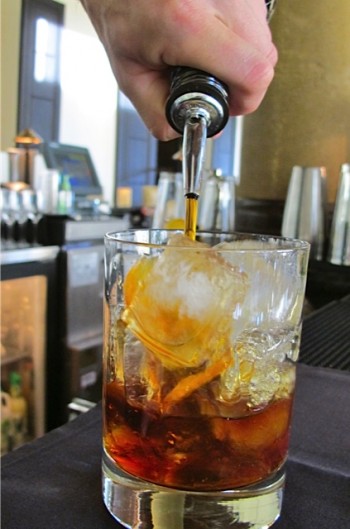
The Mysterious Case of the Uninvited Hotel Room Night Visitors
“UNBELIEVABLE!” our friend Donny said when we unexpectedly met in the morning. “Bizarre! I must have had ghosts in my hotel room last night!”
Though we hadn’t seen him in more than a year, nothing mattered but last night’s hotel experience. Donny was beside himself. It was twilight zone.
Two of my favorite things when traveling:
1. Being invited to dinner at someone’s home (rare).
2. The unplanned meeting of friends from elsewhere (more common).
Bob and I were staying at an exceptional hotel in Guatemala City, the near-perfect Westin Camino Real. Donny was staying elsewhere. His story tumbled out.
He’d checked into his hotel late the night before after a long flight. He went up to his room and, without much messing around, went soon to sleep.
In the morning, he found:
• A broken glass on the floor;
• One shard of glass in the trashcan;
• A small towel on the floor;
• Two empty soda cans moved from the desk to the bathroom;
• His Kindle still plugged into the extension outlet, but:
• The extension cord now unplugged and stretched across the floor in a perfectly straight line.
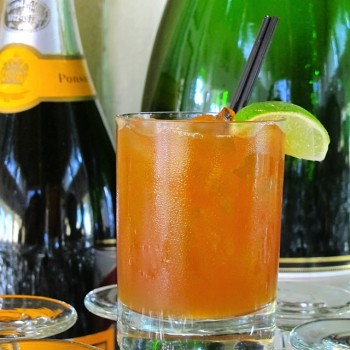
None of these things fit his behavior, he said. He’s a very light sleeper, and would certainly have heard a glass drop and shatter. He’s a neatnik, and would have cleaned up broken glass immediately. He wouldn’t move empty cans to the bathroom, he’d put them into a trash can. He did not use a towel the night before.
Uh, huh, I teased, it was the woman you brought up with you! Donny wasn’t in a humorous mood. He was truly mystified. Ghosts were the only explanation he could think of. He was spooked.
You drank too much, I tried. Did you drink on the plane?
“I had a drink in the lobby,” Donny recalled. A welcome drink. “But I’m a drinker,” he said, “a drink is nothing for me. That’s not it.”
Hmmm, a drink in the lobby. What kind of hotel was it?
“Small, local, like someone’s private mansion,” Donny said. “Friendly.” Maybe 15 rooms, total.
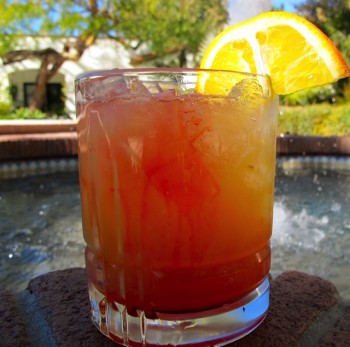
Drink-drugging
I’m going to say that Donny’s drink was drugged. Possibly with scopolamine, aka Devil’s Breath. It was an inside job. After Donny collapsed in bed (without washing up, I note), an employee with a key entered the room and searched for cash. The would-be robber knew how long the drug would take to knock Donny out and when he could safely enter the room.
Donny’s wallet was in his pants pocket, and the pants were on a chair. The wallet was searched and replaced—Donny had traveled without cash. No credit cards were taken. Nothing from his suitcases. His perp was looking for cash, and only cash. In Guatemala, the average monthly salary is less than $300. Had something obvious been taken, Donny’s Kindle, for example, there would have been accusations and immediate trouble. Cash… who’d notice?
Let’s say Donny’s drink was spiked. The thief had done this before and knew how soon he could enter. He rummaged through Donny’s wallet, then bumped into the desk, knocking over the two drink cans and the glass. He glances at Donny, who’s out cold. He picks up the two cans and a big shard of glass and takes them into the bathroom, where he grabs a face towel, intending to sweep up the glass and soda dribbles. But he hears something—Donny stirs, or maybe he hears a colleague in the hall. He freezes, then flees.
The only puzzle remaining is the electric cord. Donny had bent under the desk to plug his Kindle into the multi-outlet extension cord that was on the floor. He stood and placed his Kindle on the desk, and noticed that it wasn’t charging. He bent again and flipped a switch on the extension cord, confirmed that the Kindle was charging, and left it.
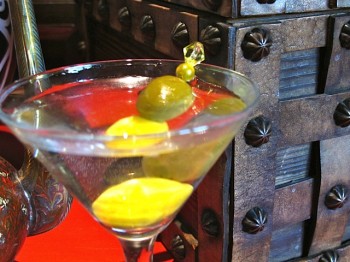
When he woke up, the Kindle was still plugged into the extension cord, but the extension cord had been unplugged from the wall. And its plug end was far from the wall socket now; it was under the foot of the bed. The cord was stretched perfectly straight from under the desk (opposite the foot of the bed) across the floor. Precisely—not haphazardly. That cord could not have been accidentally kicked, Donny said, as it had been well under the desk. This cord is what spooked Donny most. And I can’t think of an explanation.
Also, the Kindle had not charged more than 10% or so, meaning the plug had been pulled shortly after Donny fell asleep.
Donny did not wake up groggy or foggy-headed. He noticed the broken glass, missing soda cans, and towel right away. His thought process was as follows: Did I do that? No, I did not do that. Was someone in here? No, I would have woken up. WTF? A ghost?
Since nothing seemed to be missing and he had an early checkout, Donny did not mention the mystery to the hotel staff. Anyway, he’s not a confrontational type. Also, any hotel can find itself with a rogue employee.
My drink-drugging theory was novel to him, but a better hypothesis than ghosts, which had been all he’d come up with. Anyone else have a theory? Or some possible logic about that extension cord?

